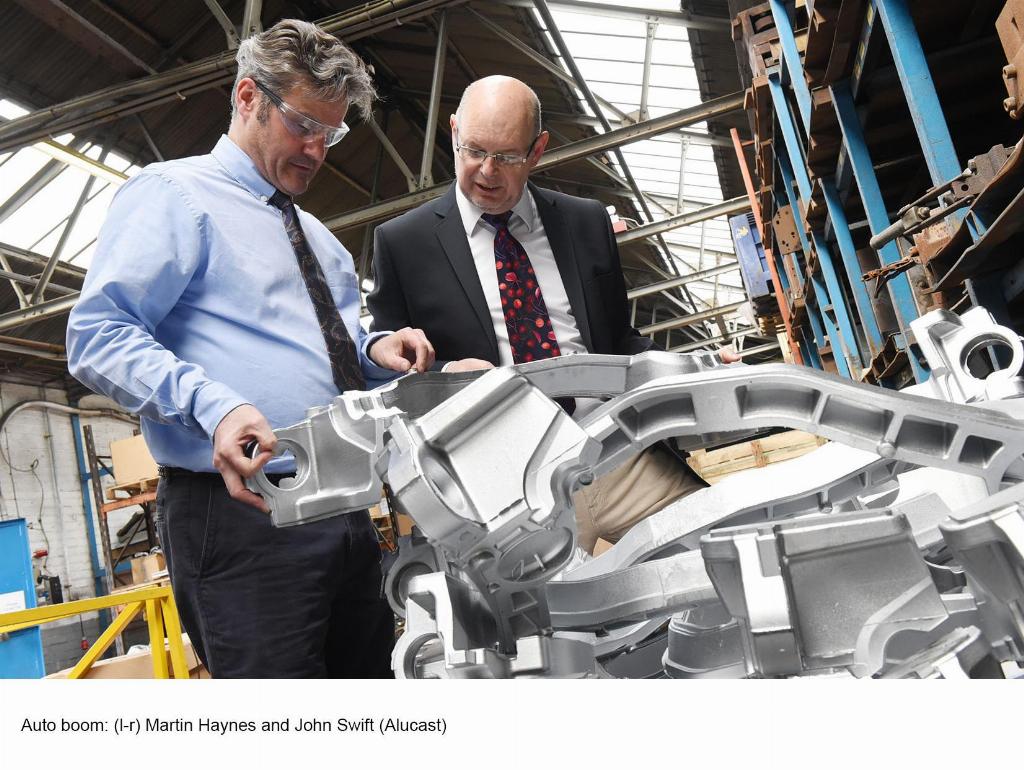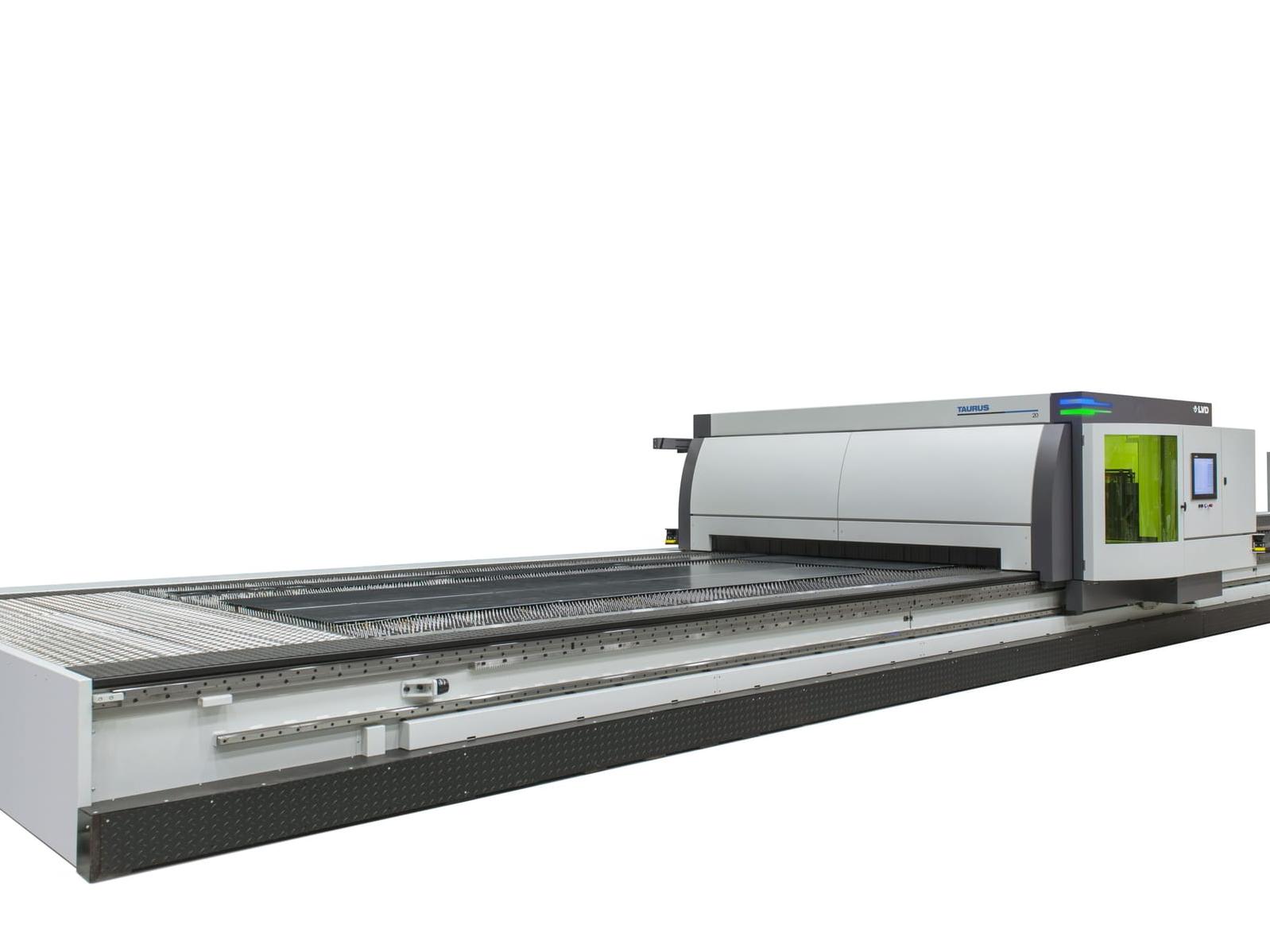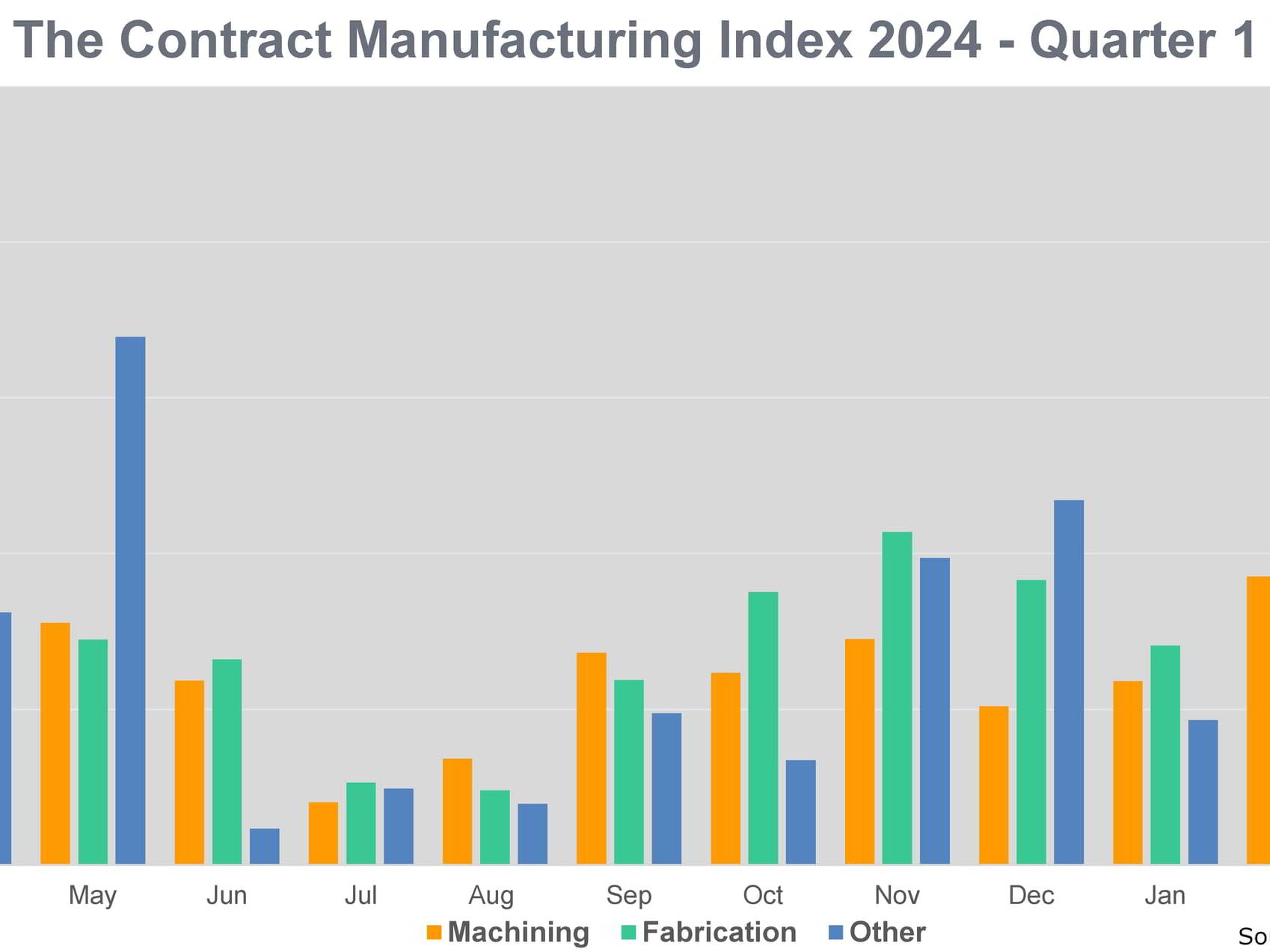Labour would have positive impact on UK manufacturing innovation – survey

The UK manufacturing industry believes the Labour Party would have a positive impact on innovation, according to research based on a survey of 100 industry leaders from innovation funding consultancy, Ayming UK.
Ayming’s UK Innovation Barometer 2024 reveals that 71% of manufacturing businesses think a Labour Government will have a positive impact on UK innovation. Only 4% expect the impact to be negative.
The UK’s R&D landscape has suffered some setbacks over the last few years. HMRC has pursued an aggressive compliance programme in reaction to cases of fraud in the R&D tax credit schemes, causing friction with some businesses. 25% of manufacturing firms have recently experienced delayed payments for R&D tax credits and 22% cited that their recent experience with HMRC has put them off from claiming R&D tax credits.
Beyond this, there has also been a lack of stability. The UK’s temporary exclusion from Horizon Europe stopped British firms from both receiving funding and being involved in prestigious international collaborations. In addition, the last detailed Innovation Strategy was published three years ago and since then there have been two changes of Government, five different ministers responsible for innovation, and the department that published the initial strategy has been disbanded as part of reforms.
Other key stats include:
- Lack of awareness on reforms: 58% of businesses are not aware of the reforms to the UK’s R&D tax credit scheme, which is likely to cause further friction once rules change on 1st April
- Funding: Manufacturing firms are spending 5.5% of revenue on R&D, the second highest of the sectors surveyed. The most popular form of funding is R&D tax credits, with 29% of firms using them
- Mass outsourcing: 55% of manufacturing firms are outsourcing R&D projects. This is ahead of collaboration at 39%. The manufacturing industry is least likely to use automation in R&D, at 21%, but is most likely to work with universities, at 31%
- Offshoring: Taken as a bloc, 68% of firms are undertaking R&D activity in Europe. The most common reason for offshoring is private funding opportunities, at 25%, followed by access to R&D talent and collaboration opportunities, both at 24%
- Obstacles to grants: The biggest obstacle to grant funding is ‘competition and concerns at low success rates’, at 16%
- Call for collaborations with universities: The government action manufacturing firms think is most important to improve UK innovation is ‘stimulate collaborations with universities’ with 97% seeing it as important
- Clear path to Net Zero: The action that manufacturing firms say is most important for Net Zero is to have a clear and consistent net zero policy and regulatory roadmap, with 99% seeing it as important
Rob Miles, senior manager at Ayming UK commented, “It’s a challenging time for manufacturing firms. With the cost of raw materials high and the constant pressure to become sustainable, it’s vital that manufacturing firms are finding way to innovate. Products and processes must be redesigned and reengineered to bring down energy use, reduce waste, and achieve carbon neutrality. The future of UK manufacturing depends on our ability to innovate, so it’s imperative that the Government provides the support the sector needs, including the tax credits and grants that are so critical to investment into R&D.”
Ayming UK
www.ayming.co.uk














